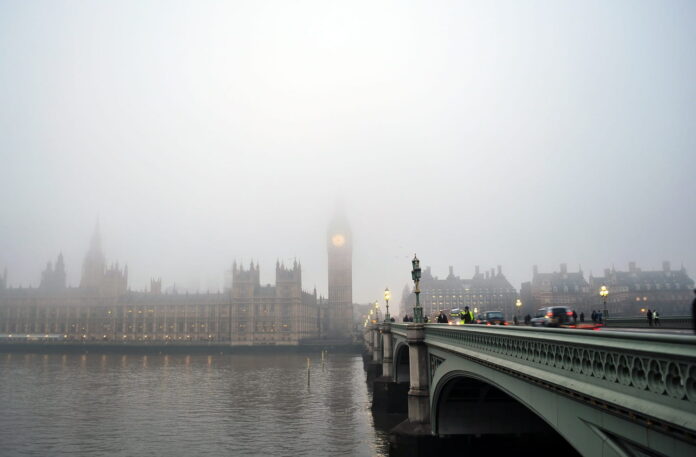One thing you need to do
On Tuesday 18 January at 8pm, the Law Society’s president I. Stephanie Boyce will be speaking about why more women lawyers should stand for Parliament at an event with 50:50 Parliament.
Register now
What you need to know
1. Police, Crime, Sentencing and Courts Bill debated by peers
Monday (10 January) saw the Police, Crime, Sentencing and Courts Bill continue its report stage in the House of Lords.
Peers debated provisions to enable juries to hear cases remotely and changes to pre-charge bail.
Lord Pannick (crossbench) highlighted the Law Society’s opposition to remote juries, including the uncertain impact they would have on access to justice and the lack of clarity around their application, and put forward an amendment to remove these provisions from the legislation.
Justice Minister Lord Wolfson defended the measure which he claimed the government has no intention of implementing. He said the government would consult comprehensively with the judiciary if it chose to bring the provisions into force in the future. Lord Pannick’s amendment was brought to a vote and defeated.
Changes to pre-charge bail within the bill were also debated this week. Lord Blencathra (Conservative) put forward an amendment to require the College of Policing be put on a statutory footing before changes to pre-charge bail – including altered bail timelines and a removal of the presumption against bail – are enacted.
Speaking for the government, the government whip Lord Sharpe argued that the changes to pre-charge bail are fair and efficient and that the amendment would create an unacceptable delay in implementing the measures. The amendment was not moved to a vote.
The bill will continue its report stage next week.
Read the transcript
Read our briefing
2. Government outlines new cladding support for leaseholders
On Monday (10 January) the Secretary of State for Levelling Up, Housing and Communities, Michael Gove, gave a statement to the House of Commons announcing changes to the support scheme for leaseholders facing costs for the removal of unsafe cladding on their blocks.
The most significant change was the announcement that full financial support would be made available for all leaseholders in blocks above 11 metres in height – a win for the Law Society, which has been calling for this move for some time.
Previously the government intended only to provide full financial support for leaseholders in blocks of at least 18 metres in height, with those in 11–18m high blocks required to take out loans to cover the costs of cladding removal.
Gove made clear that he expects developers who are responsible for building safety defects to cover all relevant costs that have not already been covered by taxpayer funding, again reflecting a recommendation made by the Law Society.
While he set out no immediate steps to force developers to contribute the relevant funds, Gove outlined plans to meet with key members of the industry to come up with a solution, while holding out the prospect of a solution being imposed on them by law if they fail to come to terms.
The minister also outlined plans to bring forward amendments to the Building Safety Bill to extend leaseholders’ rights to challenge those responsible for building safety defects up to 30 years retrospectively.
Read the statement in full
Coming up
The Law Society will be working closely with MPs and peers to influence a number of bills and inquiries:
If you made it this far…
The Independent Review of Criminal Legal Aid was published in December.
Find out more and read our response
Credit: Source link











